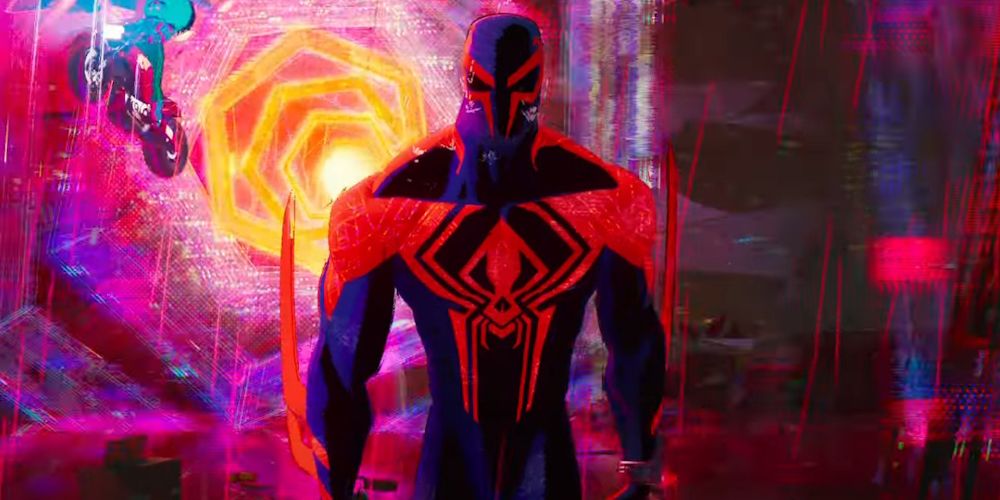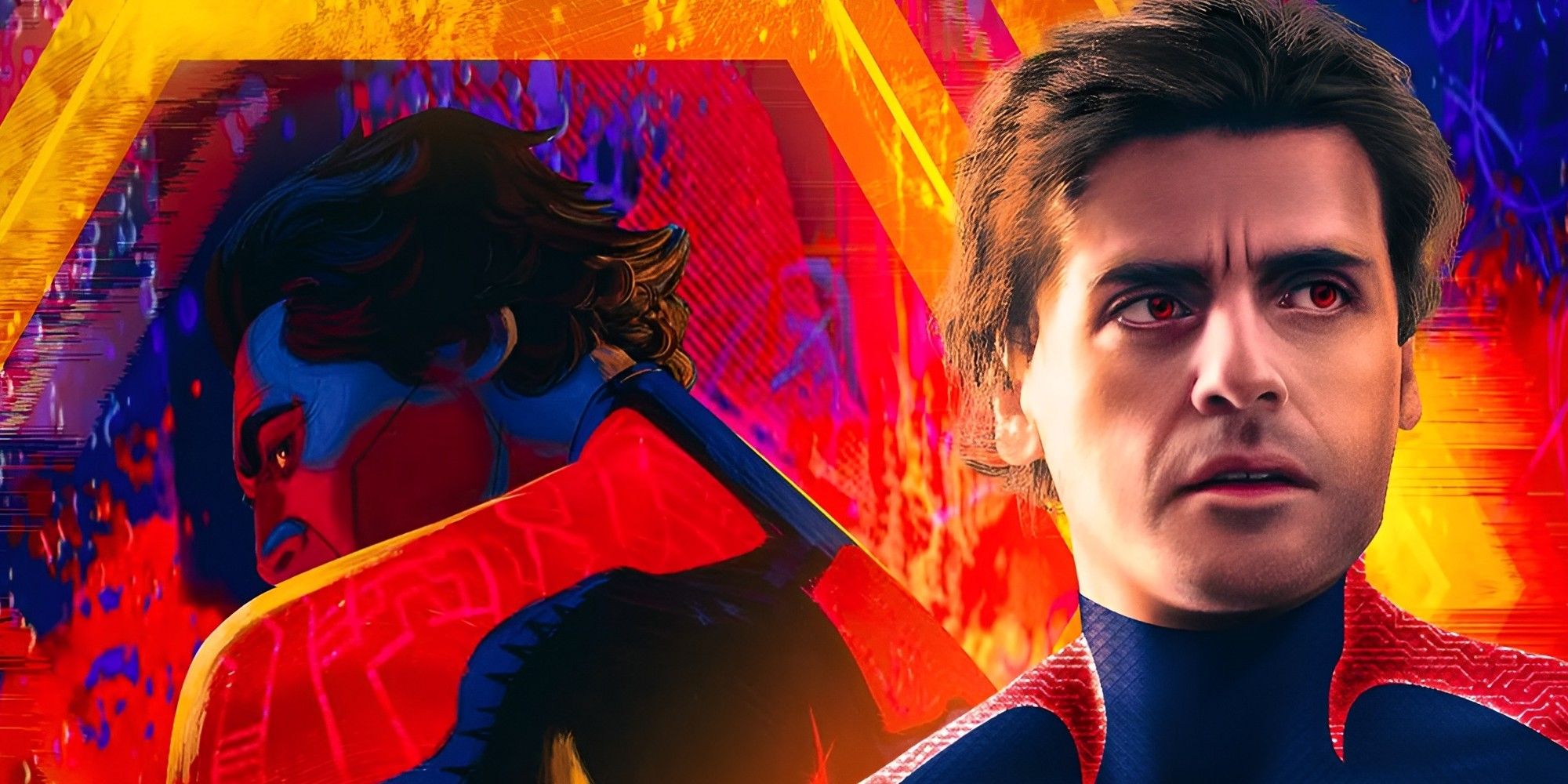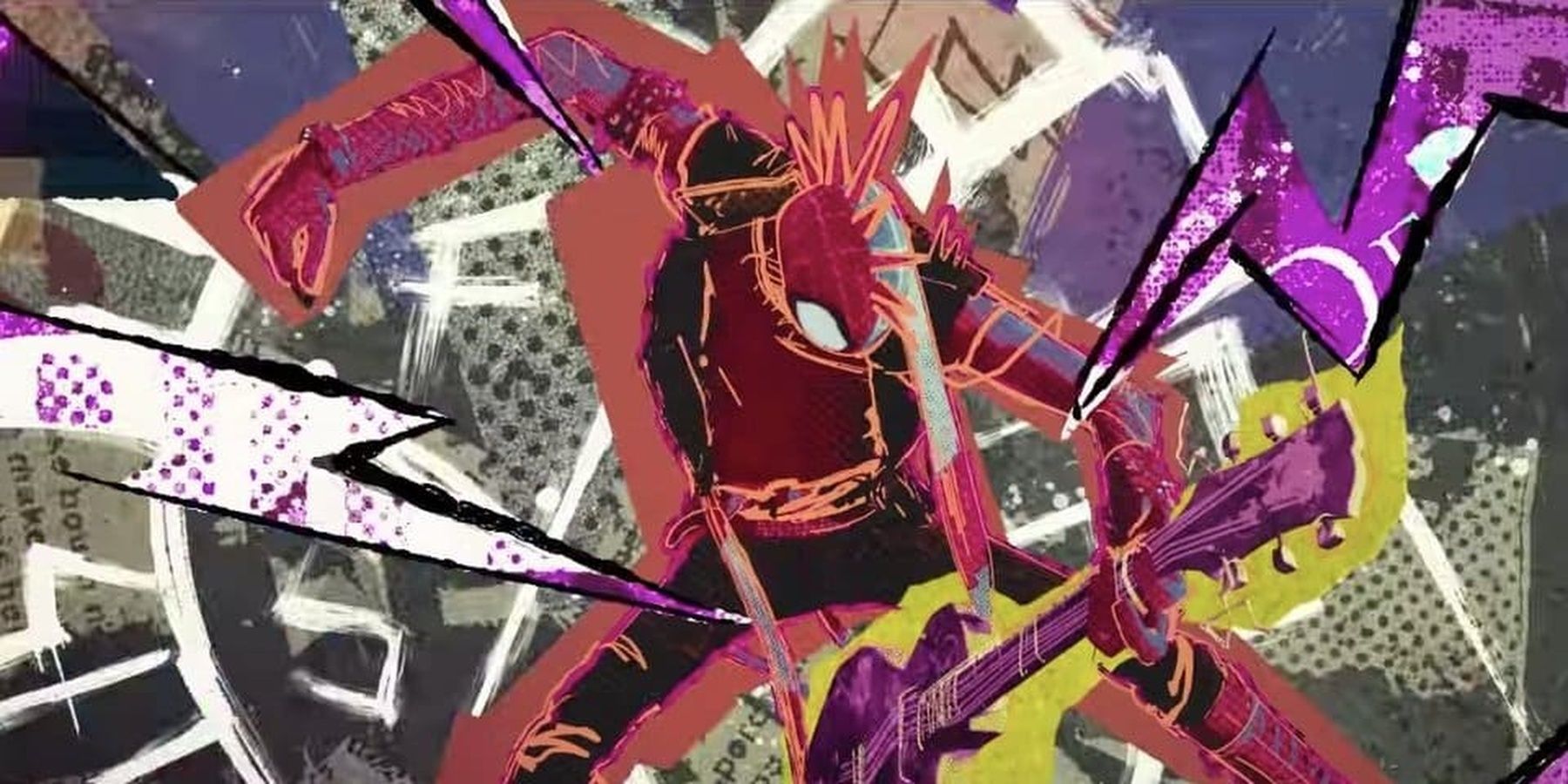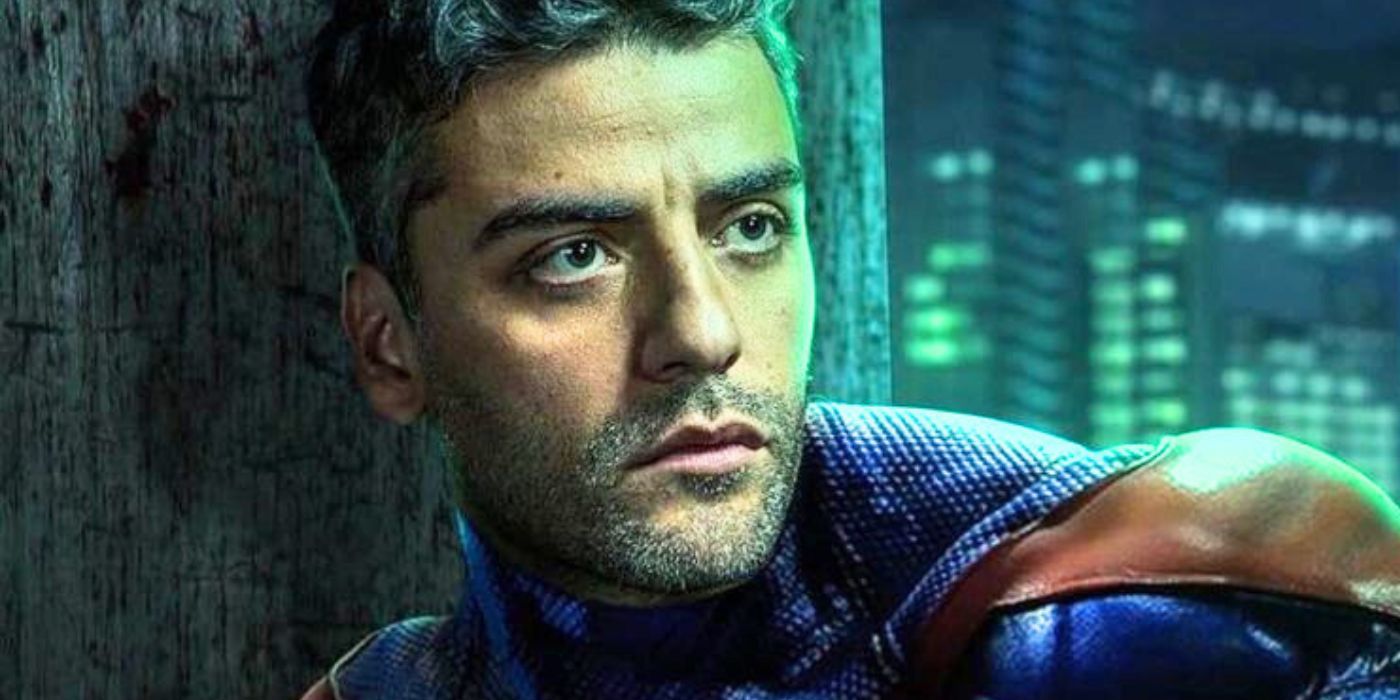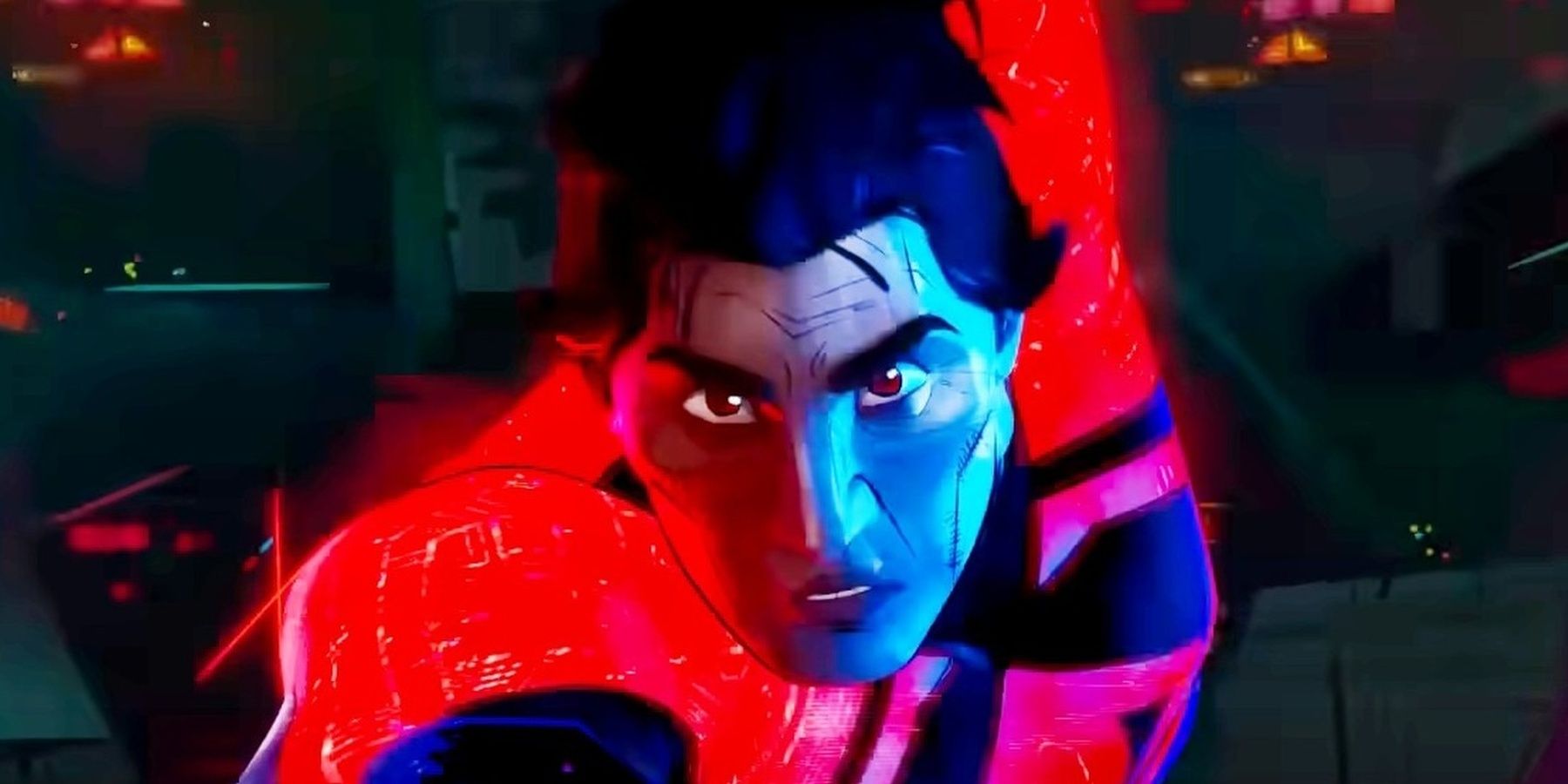
Inside the Mind of Miguel O'Hara: Oscar Isaac's Journey in Spider-Man: Across the Spider-Verse

Oscar Isaac shares insights on his experience playing the unique and complex character, Miguel O'Hara, in Spider-Man: Across the Spider-Verse Discover what sets this version of Spider-Man apart from the rest
Playing the role of Miguel O'Hara, or Spider-Man 2099, in Spider-Man: Across The Spider-Verse, Oscar Isaac delivered a remarkable performance. According to him, O'Hara is a unique character compared to the other versions of Spider-Man. While the movie explores various variations of the iconic superhero, Isaac highlighted how Spider-Man 2099 distinguishes himself from the rest.
Isaac shared his perspective on O'Hara during an interview with GQ while promoting Spider-Man: Across the Spider-Verse. According to him, O'Hara possesses a unique quality, but it's not the only thing that makes him stand out. Isaac finds O'Hara's surprising traits and the violence that's constantly brewing within him fascinating. He further added that the art style used in the movie does an excellent job of portraying O'Hara's character. Isaac was particularly impressed with how Miguel transforms visually and becomes more feral as the story progresses.
O'Hara's approach to maintaining order may be aggressive, but his intentions are good albeit flawed. He is willing to go to great lengths to achieve his goals, even if that means letting Miles' father die. His fear of disrupting the timeline is based on past experiences, but he does not realize that saving Jefferson Davis could have disastrous consequences. This conflict between O'Hara and Miles highlights their opposing views on saving people. While Miles wants to rescue his father, O'Hara believes that doing so could endanger the entire Spider-Verse. Both characters' motivations are understandable, with Miles driven by love and O'Hara prioritizing the greater good. Their fundamental disagreement echoes the classic ethical dilemma of whether to prioritize the individual or the collective.
The inclusion of Miguel's perspective also adds a layer of intrigue to the narrative. It raises the question of whether his account is completely truthful or simply a biased portrayal of events. Furthermore, while Miles may not fit the mold of a traditional Spider-Man, neither does Miguel with his distinct fangs and claws. As Isaac highlights, these are not characteristics typically associated with the superhero. As fans eagerly anticipate more information on O'Hara, his introduction in Across the Spider-Verse serves as a strong continuation of the franchise. Don't miss the chance to catch Spider-Man: Across the Spider-Verse at your local theater now.
Source: GQ
